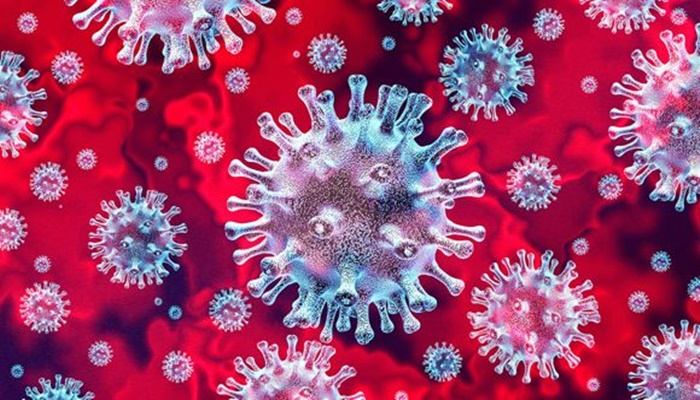
The United Nations on Thursday, launched its updated Global Humanitarian Response that sought help and protection for the most vulnerable in poor countries.
Nearly $7 billion (N2.6 trillion) is needed to implement the revised plan in no fewer than 60 of the world’s poorest countries.
Besides protection of millions of lives, the initiative is also aimed at stopping the spread of the coronavirus COVID-19 (a respiratory disease caused by the new coronavirus), in the target countries.
It called for urgent and determined action to mitigate the huge impact of the pandemic in the low and middle-income countries.
Although most of these nations had low COVID-19 burdens, their surveillance, laboratory testing and health systems were weak, according to the World Health Organisation (WHO).
The News Agency of Nigeria (NAN) reports that the update was an expansion of the initial plan launched on March 25, for which $2 billion (N752 billion) was needed.
Speaking at the virtual event, UN Secretary-General António Guterres appealed to donors to step up support to stop the disease around the world.
“Humanitarian aid is not just a moral imperative; it is a practical necessity to combat the virus.
“If COVID-19 wreaks havoc in the poorest places, we are all at risk,’’ Guterres said in a video message.
The UN Humanitarian Coordinator, Mr Mark Lowcock, said action was needed to stop a “significant rise in conflict, hunger, poverty, and looming famine’’.
“If we do not support the poorest people, especially women and girls and other vulnerable groups, as they battle the pandemic and impacts of the global recession, we will all be dealing with the spillover effects for many years to come.
“That will prove even more painful, and much more expensive, for everyone,’’ Lowcock said ahead of the launch.
According to the UN Deputy Secretary-General, Ms Amina Mohammed, the first plan has netted $1 billion (N376 billion) from donations.
The UN said the money had been used to provide handwashing facilities in refugee camps and other vulnerable places.
“Part of the fund has also been used to provide countries with medical supplies such as gloves, surgical masks, N95 respirators and testing kits,’’ Mohammed stated.
The organisation added that transport hubs for transporting supplies by air had also been established.
“Nearly two million people worldwide, including health workers, have been trained in virus identification via an online portable run by WHO,’’ it said. (NAN)






